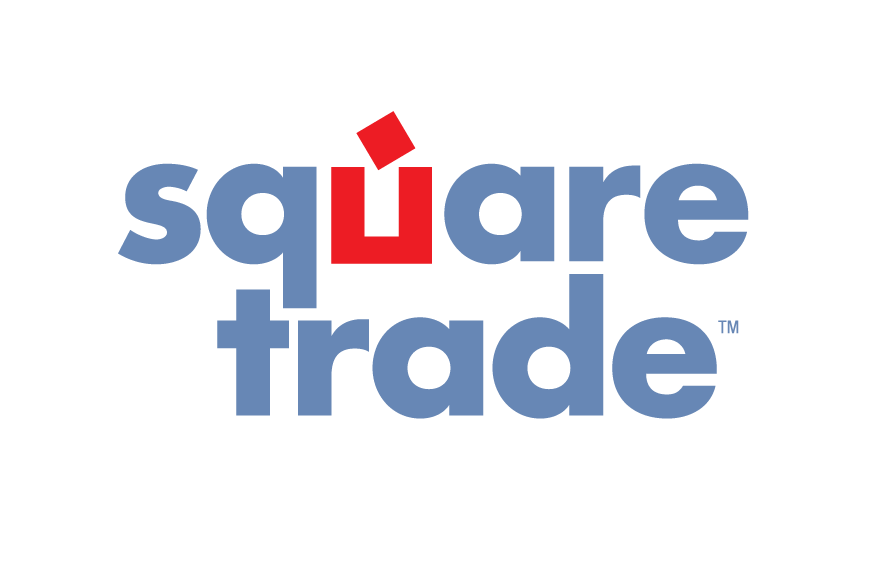A Closer Look at a Difficult Problem
 When asked why people addicted to drugs use them in the street, St. Anthony’s guest Sandra looks incredulous. It’s the worst option, she says, but “if you don’t have any other place to do it, what can you do?”
When asked why people addicted to drugs use them in the street, St. Anthony’s guest Sandra looks incredulous. It’s the worst option, she says, but “if you don’t have any other place to do it, what can you do?”
Sandra has been visiting the Dining Room for more than fifteen years. It has been a beacon of stability in a turbulent life on the streets. She is a likeable, approachable and intelligent person who is keenly aware of the toll that drug abuse has taken on her, her friends and her community.
When passers-by see addicts use drugs, she says, they are “seeing someone at their lowest point.”
“That’s the last of your dignity. To be out there in front of everybody…it’s bad enough living day-to-day, when people already frown on you, that just really puts the icing on the cake.” For some years St. Anthony’s has monitored contentious proposals to take drug use off the streets and into facilities where addicts can receive advice, access medical help, counseling and more.
Dining Room manager, Lydia Bransten, is clear that, while we can never support drug use, those who use drugs must be supported. Her interest in harm reduction was piqued after a visit to a trial program in Vancouver where, officials say, so-called ‘safe injection sites’ have brought fewer deaths from overdoses and improved public safety. “I was also struck,” she said, “that, by offering users a place to go, it allows people at their lowest ebb to maintain their dignity.”
Why do drug users want to come off the streets? “Because it’s safe,” says Sandra, “and it’s private – most people don’t want the whole world seeing. Safety-wise, if somebody’s OD’d there would be someone on hand. You’d be saving people’s lives.”
And it’s the reality of life on the streets which is uppermost in her mind: “It’s very cruel out there. There’s no such thing as a friend. If you OD, they rob you before they get you help. Or they might rob you and leave and still not get you help. It’s happened to me.”
How does she feel about the abuse she receives every day? “Nobody has to tell somebody who uses about themselves because we beat ourselves up every day. Some days you don’t even want to look in the mirror.”
Restoring self-esteem is a crucial staging post on the road to coming off drugs. “Until you have your self-worth,” Sandra says, “you’re not going to feel like a viable person. Especially when people can tell from how you look that you’ve had some type of rough lifestyle.
“You start feeling that there’s no point trying to get clean.” St. Anthony’s plays a key role: “when I come in here I don’t feel judged or looked down upon. Staff interact with people instead of just walking around like security guards.”
“A lot of times you go in places and they stop you at the door because they automatically see you as someone they don’t want there. Unless that has happened to you it is hard to know what that is like.” Until the point arrives when addicted individuals can stop taking dangerous drugs it is important to have the conversation about reducing the harm that those drugs cause
to the users and to the community of which they’re a part.
If you liked this article, sign up to receive our Spirit newsletter by emailing Community@StAnthonySf.org.













































